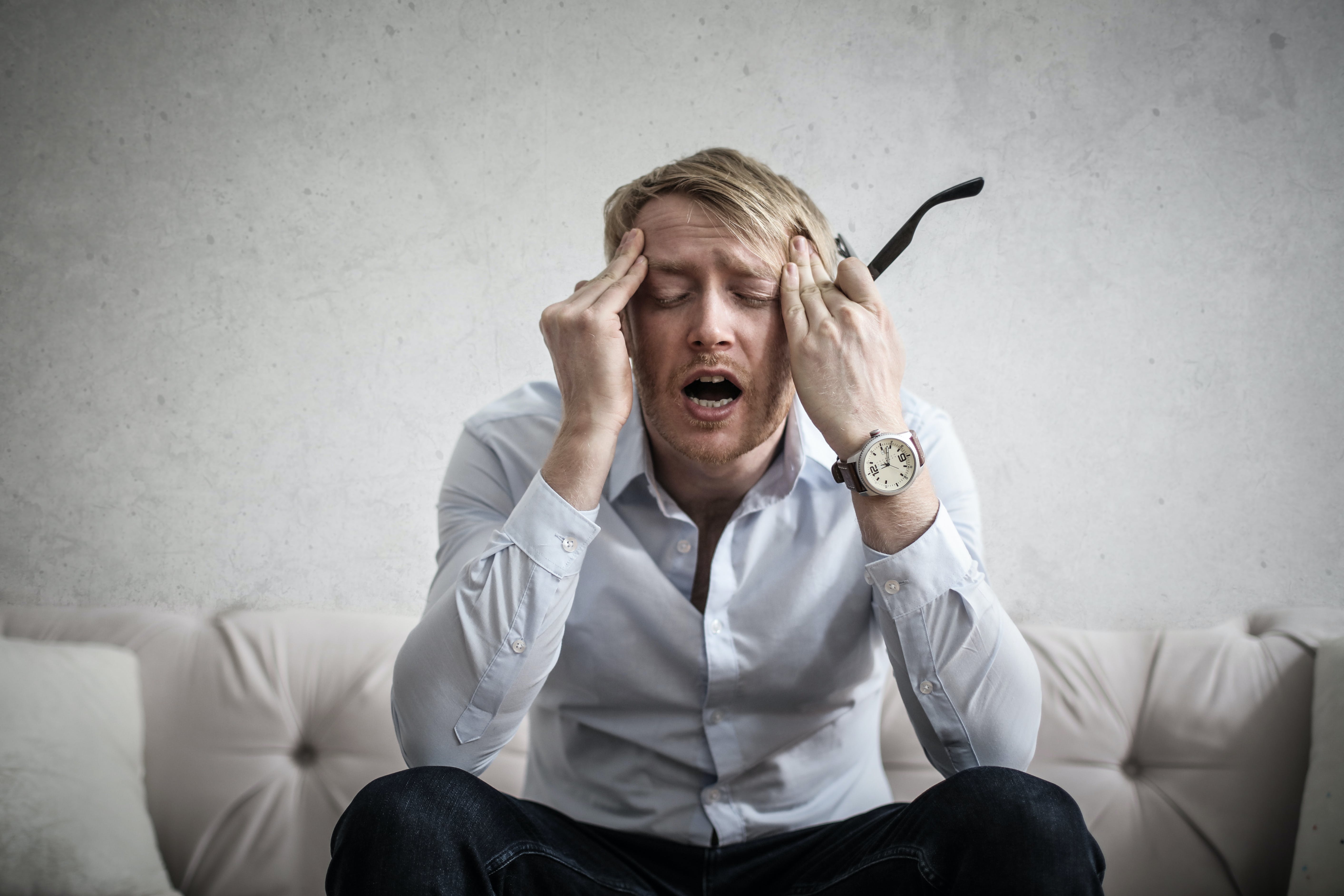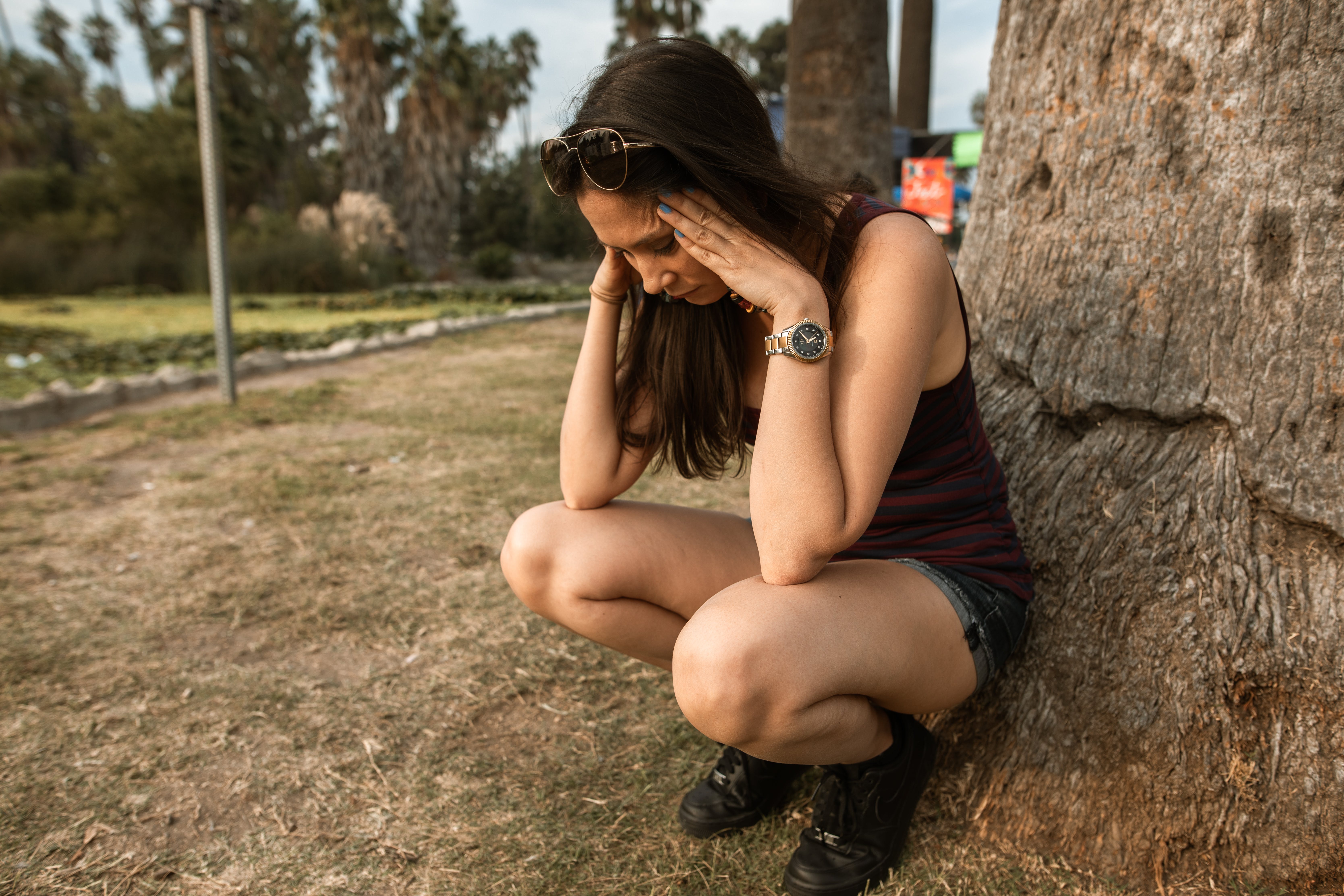Mindfulness Lifestyle Coaching
Get the newsletter with all the secrets for a life of stress-free, burnout proof, longevity.
Escape the madness of anxiety with these 3 mindfulness tips.
Anxiety feels like being on a rollarcoaster beside the most incessently annoying person. Whos constantly worried about thier past failures, regrets, and how their life will end. Its wild those thoughts are going on in your head all day. Especially for those operating heavy machinery. If only there was a pause button to stop the anxious thoughts. Well Im here to tell you there is a way and its as easy as doing nothing.
the first step to reduce burnout anxiety is to get out of denial, and admit admit there is a problem. To gain motivation to solve the problem, you need a good purpose. The purpose can be to save your marriage, work better with your coworkers,or not get angry at your children.
Anxiety seems to present itself through communication but also in actions. A lot of people with anxiety have a lot of fear and doubt. Doubt freezes us from acting, and accomplishing desires. Breaking through your fear is a good purpose.
When were desperate change becomes necessary. Alot of the time we need to lose something before we actually change. By gaining a bit of awareness with mindfulness. We can change and correct our path before we hit rock bottom.
Once a person decides to change and adopt a mindfulness practice. Practicing 15 minutes you'll immediately see the world slightly different. Mindfulness is a micro stepped approach. If you keep taking the micro steps each day practicing 15 minutes at a time two or three times a day. The benefit compounds very quickly.
The anxious mind is constantly bombarded with a stream of thoughts mostly related to fears of the past or present. The anxious person cannot focus on what there doing in the present moment the majority of the time. Instead the minds focused on anxiety provoking thoughts. The anxious mind feels like life is moving too quickly, since their thoughts are moving quickly.
An anxious mind very rarely would feel a sense of peace or quietness in the present moment.
Anxiety brings challenges with reactivity to stress and conflict. Anxiety leads to poor conflict resolution skills. Challenges managing time properly, and becoming overwhelmed with taking on too much.

Why Spend Your Entire Life With Anxious Thoughts Distracting You From Happiness
Most people with anxiety do not understand how to rest, relax, and restore their mental energy. A person with anxiety will continue to overwhelm their life with activities to try to distract their mind. This type of person usually is very impatient. Because if they're not being distracted by something, they're having to listen to their thoughts. Being able to relax and do nothing is very beneficial for reducing anxiety.
I have noticed the concept of sitting and doing nothing seems very counterintuitive to how we solve problems today. Society is very action focused. Not doing something active is seen as not making progress. The first step using mindfulness to improve your anxiety is to accept that being present with yourself is doing something.
By not practicing mindfulness you will be stuck using the following unsuccessful strategies.
1. getting rid of bad thoughts.
2 managing thoughts.
3.distracting yourself from thoughts.
4 Criticizing your thoughts.
The anxiety and emotions are interconnected. Usually emotions are triggered from seeing something in our environment. Then an emotional reaction will send sensations through the body, which can trigger anxious thoughts. The majority of the time this is the reaction process. When practicing mindfulness, we're able to pick up right away on the body sensations. Connecting the outer stimulus to the body sensation, and then catching the reaction. Before the sympathetic adrenaline reaction occurs. Which sets off higher emotions and more quicker anxious thoughts. The mindful gap is the mindful space before reactivity. The bigger the space the more time you have to decide how to act purposefully.

Feeling disconnected from ourself leads to loss in confidence in our abilities, and a sense of achieving less. By revaluating our core values and envisioning our better future self, we can regain our connection to self.

Pure Uninterrupted Joy is Possible
Learn to Experience it for Yourself
Solutions
Everyones looking for a quick easy method to reduce anxiety, and not be so overwhelmed by anxious thoughts. These 3 tips will provide the following results of reducing anxiety.
1. Not feeling so overwhelmed by daily life tasks.
2. Able to manage work life balance easier.
3. sleeping better will allow the brain to rest and process thought.
4.Having stronger relationships with less conflict.
5.Being more present to enjoy greater life experiences.
6. Improving our patience.
The mindfulness practice can also seen as a practice of improving our patience.
Mindfulness Tip 1 Reduce Judgement of your work and yourself
Practice noticing thoughts of judgement and writing them down. Review these thoughts daily, and the next time you catch the same thought. Reframe the thought more positively, and say to yourself 3 times.
This will bring more self acceptance and gratitude to your efforts. You will be able to take criticism easier.
Mindfulness tip 2 Box Breathing Technique
will bring more relaxation and restoring of the body and the mind. Doing mental work in emotionally charged environments can be very draining energetically. Being able to recharge and rest the mind. Will allow you to work more efficiently, with more energy throughout the day.
Mindfulness tip 3 Become Aware of Cynisim
One typical thought that comes up with burnout is cynicism. Cynicism is a disguised thought that's hard to identify. Cynisims root comes from righteousness, and we all want to be right. To give up and let go of being right is incredibly challenging. But if we don't, then we'll fall into cynicism which leads to burnout. Most of the time cynicism is about bigger systemic issues that we don't have much control over. Learning to let things go allows us to be open and accepting. Having to always be right is emotionally draining, and continues the vicious cycle of anxiety.
Practicing mindfulness in a low-stimulating environment is the time to develop awareness of how the mind is operating. Allows the mind to rest and the stream of thoughts to slow down. The mind is constantly trying to make sense of the stimulation and daily life. Which for most is full of overstimulation. By shutting down all stimulation, you can come back to something very simple like feeling your body or noticing your breath. A good time to practice mindfulness is before bed, to relax the vagus nerve. Allow yourself to be aware of the thoughts that you're experiencing and not reacting to them. Journaling thoughts and making up an actionable plan for the next day. Will allow you to not be constantly thinking about tomorrow, which will lead to a better restful sleep.

Join me in Finding a More Peaceful Way
Transformation
In my personal experience, I never grew up with an anxious mind. Throughout my childhood I was very comfortable being alone and being in silence. And this allowed me to work through any anxious thoughts. . I naturally took up mindfulness in my 20s. I noticed while working in the hospital. I was one of the few people that never panicked when there was an emergency. I was able to reach a peak mindset and remember exactly what needed to happen. And act efficiently instead of reacting on emotion.
I began to notice that mindfulness was working for people with anxiety. When I was teaching as a mental health coach to people with chronic anxiety diagnosis. After my 16 week beginner mindfulness program. People went from barely being able to sit 5 minutes in a chair to sitting very peacefully for 40 minutes. I noticed the change in their language and how they viewed themselves.

Jarret Brooks
A Wellness Coach, MBSR,PTA
